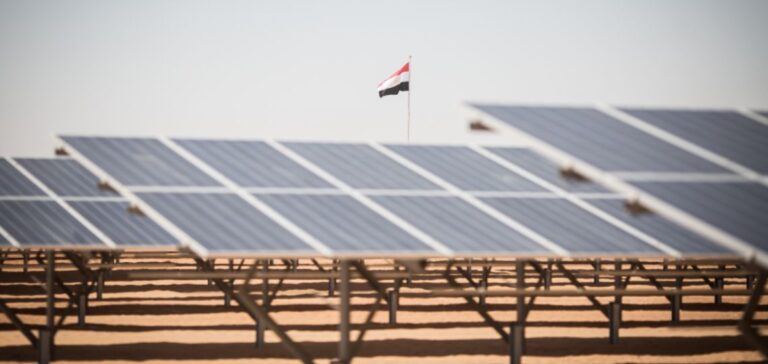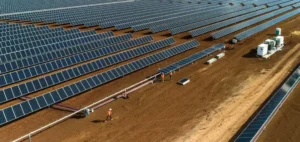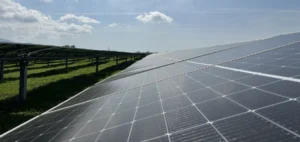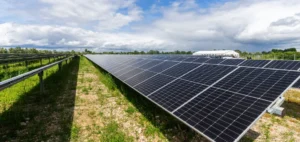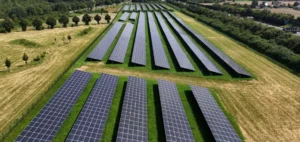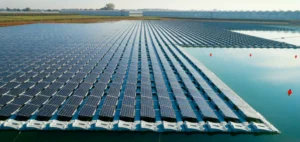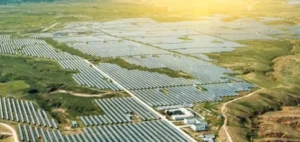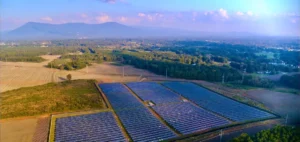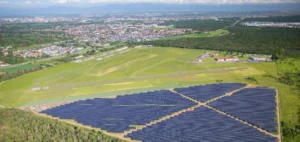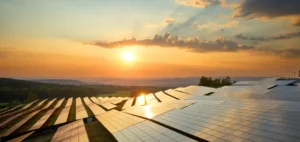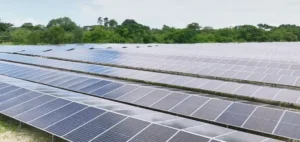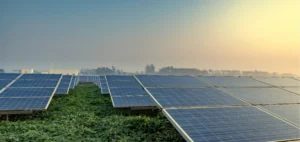Solar power has surpassed wind power over the past five years in terms of global capacity additions. Thus, the increase amounts to more than 200% of the world production from 2016 to 2021. For its part, the wind production during the same period amounts to 93.5%.
Dichotomy between resource and production
Solar energy owes its growth to five major producing countries, which have long been invested in the development of this energy. China, the United States, Japan, India and Germany together will generate 67.4% of all solar energy in 2021. The five countries have been among the largest developers of solar energy for decades.
However, when measuring the potential for photovoltaic power, there is a problem. Three of these countries are not in the top 100 of suitable solar locations. Thus, most of the world’s solar production comes from countries that are not well adapted to solar energy technology.
According to the World Bank’s Solar Atlas, the most promising areas for solar energy production are in Africa. The Middle East is also a promising region for this energy. Both regions enjoy sunny conditions all year round.
The example of Egypt
In contrast, the overwhelming majority of existing solar power generation capacity is located in countries with intermittent sunlight. Thus, these regions do not enjoy advantageous sunshine conditions due to cloudier conditions. In addition, the reduction of daylight hours in winter also plays a role.
This time lag provides an opportunity for development agencies and power producers to assist non-emitting solar. Thus, development agencies and power producers could help make greater inroads into solar energy. In addition, there is increasing global pressure to limit collective emissions.
In addition to abundant sunshine, many countries with high photovoltaic potential are also home to rapidly growing economies. Thus, they generate rapidly increasing pollution levels. Egypt, the fourth country on the scale of photovoltaic potential, ranks 30th in terms of global solar capacity.
Reconciling growth and decarbonization
The Egyptian economy is set to grow by more than 5% in 2022. In addition, its population of 110 million is seeking greater mobility and opportunity. Thus, between 2016 and 2021, the country increases its renewable energy production by about 300%.
However, Egypt is still 90% dependent on fossil fuels for nearly 90% of its electricity. Thus, this dependence is accompanied by a significant carbon footprint. It would amount to 267.1 million tons of carbon dioxide in 2021, the second largest in Africa.
If Egypt maintains this trajectory, emissions would exceed 300 million tons of carbon dioxide by the year 2030. However, if the country can maximize its potential in solar energy, it could become a leader in this energy. In this way, Egypt could demonstrate how favorable policies can accelerate decarbonization efforts, without sacrificing economic growth.
Egypt hosts COP27
Other North African nations have a growth potential profile comparable to Egypt’s in terms of sunshine. Moreover, these countries are also growing rapidly. Thus, countries such as Algeria, Morocco or Tunisia are similar to Egypt in these two areas.
Middle Eastern countries, including Jordan, Saudi Arabia and Oman, also have high photovoltaic potential. Governments in these countries have the opportunity to invest more to support the transition of national energy systems. However, Egypt is leading the way in exploiting this opportunity in solar energy.
Egypt will host the next United Nations Climate Change Conference in November. The conference will be held in the Sharm el-Sheikh hotel which has a solar power plant on its roof, demonstrating the commitment of the country. In this way, the facility is helping to redefine the map of solar-related installations.

